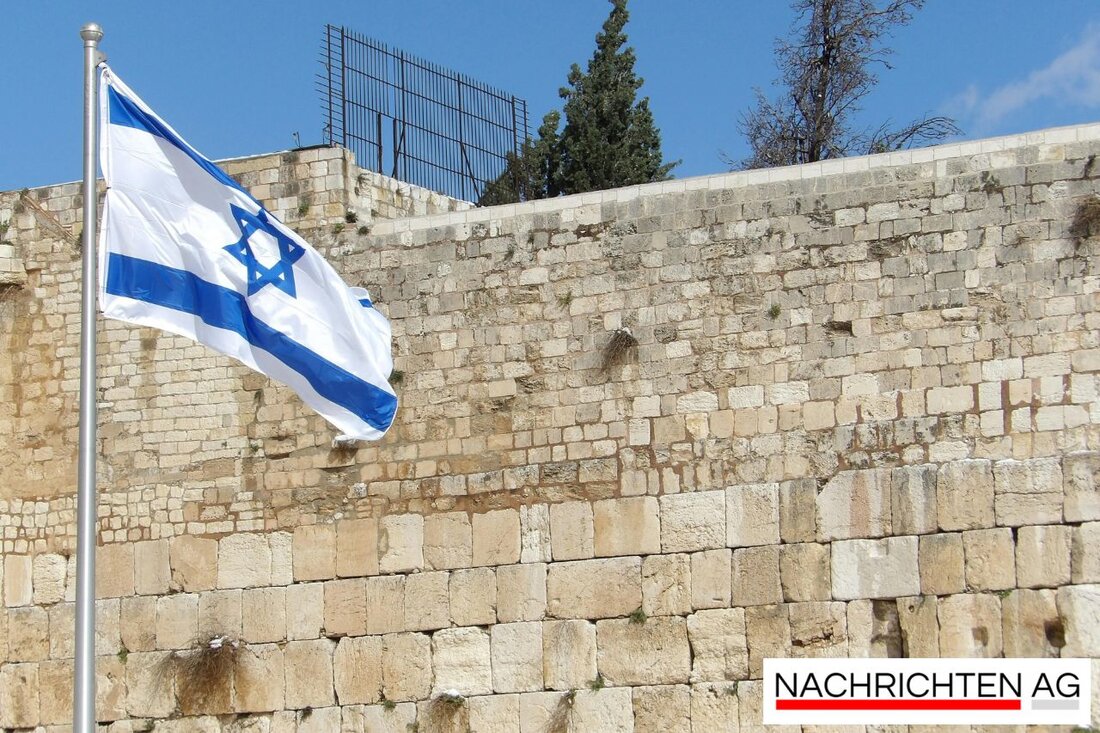Boycott or participation? The Eurovision dispute is getting heated!
Boycotts are currently shaping the Eurovision Song Contest 2026 in Vienna. Political tensions influence international participation and cooperation.

Boycott or participation? The Eurovision dispute is getting heated!
What is Vienna currently dealing with? One topic that has been hotly debated in recent weeks is boycotts and their influence on political and cultural events. The focus is particularly on the upcoming Eurovision Song Contest (ESC), which is scheduled to take place in Vienna in May 2026. Amid global political tensions and the ongoing conflict in the Middle East, the question arises as to what influence these factors will have on Israel's participation.
There is a worrying development in the background: several European countries have announced that they will boycott the ESC if Israel takes part in the event. Ireland, Slovenia, the Netherlands, Iceland, Belgium and Spain have already made it clear that they will reconsider their participation if Israel is admitted. Wolfram Weimer, Germany's culture minister, strongly condemned the threats and emphasized that the origins of the ESC lie in international understanding. Exclusion is therefore a fatal sign and contradicts the spirit of competition, which places art above nationality. Weimer emphasizes that the ESC's values are particularly important in times like these and that a "boycott of the boycotters" has been promised if Israel is excluded from participation, as Israelnationalnews reports.
Dealing with boycotts
Boycotts as a means of political pressure are not a new phenomenon. From the first successful boycott in Ireland in 1880 to current examples such as the boycott against Israel, history is peppered with protest movements responding to various social and economic grievances. The term itself comes from Charles Cunningham Boycott, a property manager who was the target of an organized boycott in Ireland because of his unpopular decisions. This shows how deeply rooted the practice of boycotting is in our society, as Wikipedia notes.
In the sports segment, the discussion about boycotts also arises. A current example is the planned World Cup qualifier between Italy and Israel on October 14, 2025. The Italian party “Possibile” has already collected 27,000 signatures to call off the match. Udine's mayor, Alberto Felice de Toni, agrees and sees holding the game amid the conflict as inappropriate. Anti-Semitism researcher Marcus Funck warns that voices in favor of boycotts against Israel have increased on the international stage, which is a worrying development that should be recognized and discussed.
Historical contexts and social reactions
Historical boycotts have often helped bring about fundamental change, such as the boycott of British goods during the American Revolution or Gandhi's famous salt boycott. Even today, people see their opinion and freedom restricted by calls for boycotts. In this context, there will also be a discussion about the effectiveness of boycotts and their impact on society and culture. Historians and literary scholars are willing to address these questions in order to promote an understanding of the entire issue.
This makes it clear that the issue of boycotts has far-reaching social and cultural effects. Not only are we thinking about the immediate consequences for events such as the ESC or sporting events, but also about the long-term effects that such social pressure can have on coexistence and the diversity of cultures. Where is society going? And what can be done to keep the dialogue open? These are questions that will probably continue to play a role in the future.

 Suche
Suche
 Mein Konto
Mein Konto